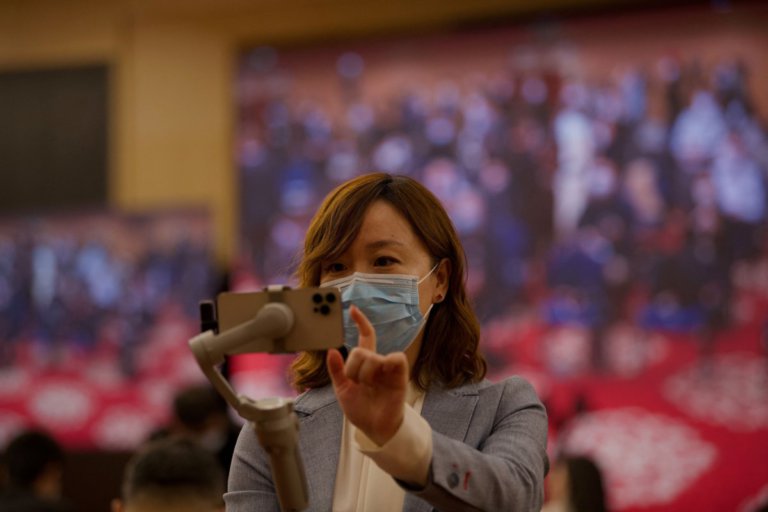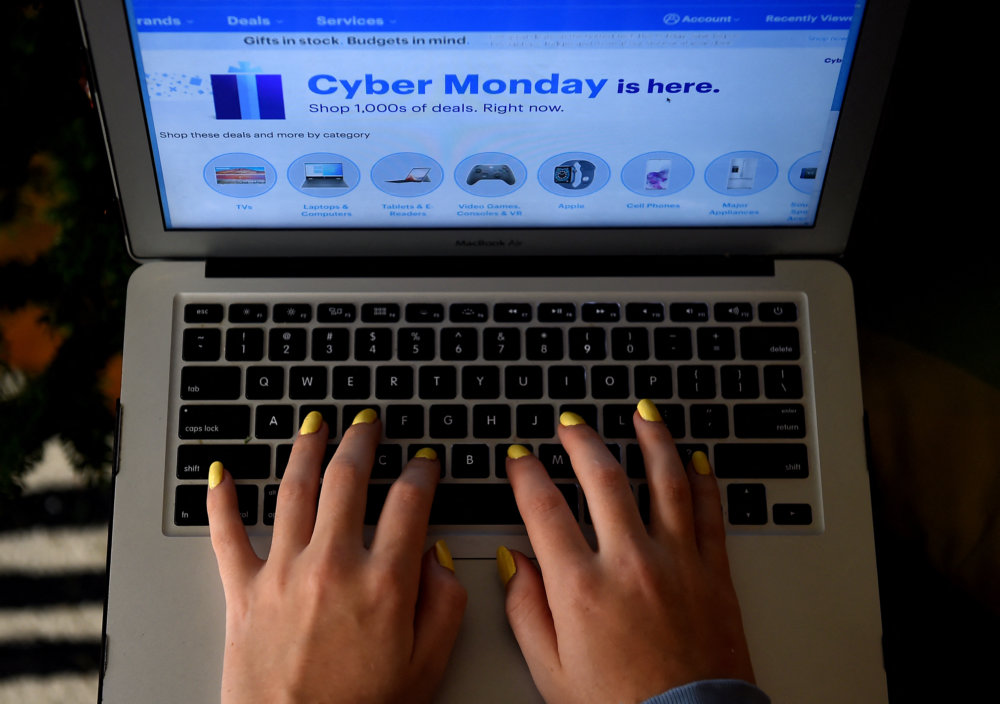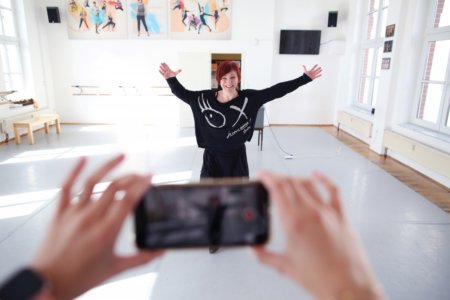
If you dream of a career where your creative work has impact and influence, look no further than digital media. The way we consume media has transformed tremendously over the past few years: now we get breaking news on our phones, and purchase items from ads that know and stalk us. The world therefore needs fresh practitioners who challenge conventions with their reporting, design, and art.
From filmmaking to news production, digital media expertise is vital to media organisations today. So if your passion lies in creating compelling original content, a degree in digital media may be the stepping stone to an exciting career in the arts. Here are the basics of what you should know.
What do I need to study digital media?
A strong command of language(s) is necessary to succeed in digital media. It would also help to possess an interest and understanding of the internet, as well as basic computing skills. You will combine these with the communication and media skills sharpened throughout this course, which together, will allow you to professionally navigate marketing, advertising, journalism, filmmaking and many other exciting fields.
If you want to break into games and animation, a technical background is also important. Familiarise yourself with basic programming and creative software in preparation for the heavier work you will be doing with Maya and 3ds Max.

Your digital media expertise would place your influence just a click away. Source: Olivier Douliery/AFP
What will I learn?
News. Branding. Research. Editing. You can expect to gain foundational skills and knowledge in each of these through your digital media degree. You will learn to apply interactive media elements to your work, thereby sharpening technical skills as you go along. As this is a fast-evolving field, any formal knowledge you gain will only serve as a beginner’s guide. Media professionals are constantly learning to apply new strategies and master the latest platforms — and so should you.
Which universities should I consider?
You will find suitable courses in universities across the globe: Loughborough University and the University of Leeds in the UK, University of South Australia and Royal Melbourne Institute of Technology in Australia, for example. While most are general digital media bachelor’s programmes, others focus on a niche like design, communication, or technology.
What are my career options?
With the massive ramping up of digital content, career opportunities in digital media are on the rise. They are becoming more varied too — social media specialists, for example, were unheard of a decade ago. According to the Bureau of Labour and Statistics, “The number of Internet-only platforms, such as streaming services, is likely to increase, along with the number of shows produced for these platforms.”
You could explore videography and video production, where you will turn client dollars into captivating ads. You could break into journalism, transforming your digital knowledge into informative, multimedia pieces. If you lean towards artistic design, a career as a multimedia artist or animator may be the right fit. Explore your digital media career pathways in greater detail here.










